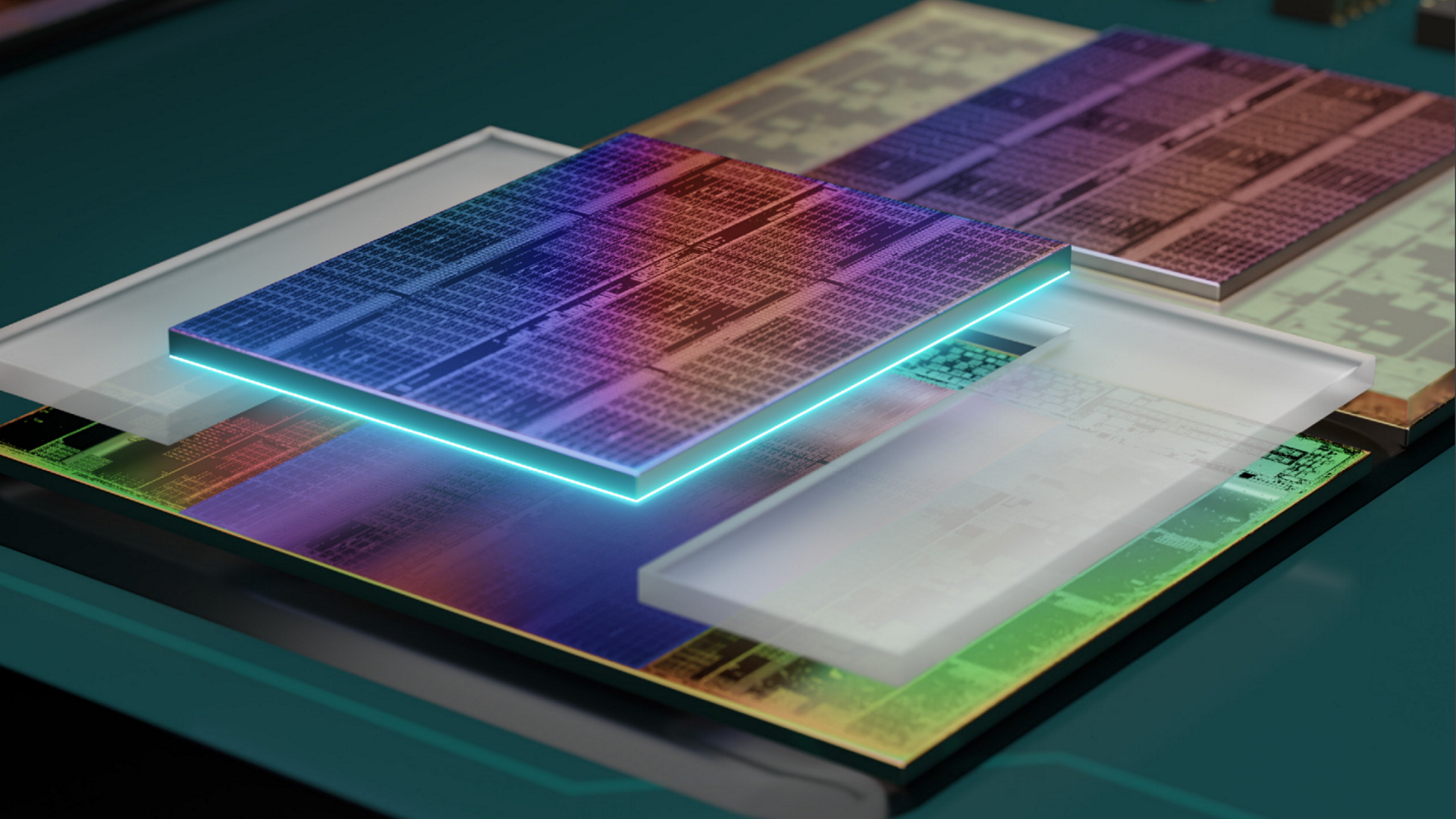AMD's Ryzen 9000X3D-series chips reportedly gain full overclocking support, meaning simple tweaks would make them the all-round chips we always wished for
Cache AND clock speed.

We at PC Gamer are fans of Ryzen X3D CPUs. The Ryzen 7 7800X3D is our number one pick for best gaming CPU. However, it's not the best all-round CPU because of AMD's conservative approach to its specifications. Its lower base and boost clock speeds cost it a fair chunk of performance compared to the Ryzen 7 7700X in apps that don't benefit from a huge amount of cache, while the Intel Core i5 13600K and Core i5 14600K remain formidable all-round competitors.
A new rumor suggests that enthusiasts will be able to claw back some, or all of that clock speed gap on next-gen X3D chips if information given Wccftech turns out to be accurate. That's because AMD is reportedly set to allow unrestricted overclocking on its upcoming 9000X3D-series of chips.
Though OC options were allowed for the Ryzen 7000X3D chips, it's limited to enabling Precision Boost Overdrive and Curve Optimizer, or the use of an expensive motherboard with an external clock generator. Tweaking via the latter method is somewhat complicated, but if AMD allows users to easily adjust the core multiplier, you could easily get all of the clock speed of a non-X3D CPU, combined with the gaming performance on offer thanks to an X3D CPU's huge cache.
AMD took an understandably risk averse approach to overclocking with Ryzen 5000 and to a lesser extent, 7000-series X3D chips. Non-X3D 7000-series chips in particular get pretty toasty anyway, and the addition of stacked V-cache only adds to that. But the bigger concern are the Through Silicon Vias, or TSVs, which are essentially tiny wires that link the cache to the underlying die. AMD didn't want to risk users burning out their chips by increasing voltages to levels outside of their tolerances, though some chips burned out anyway.

Best CPU for gaming: The top chips from Intel and AMD.
Best gaming motherboard: The right boards.
Best graphics card: Your perfect pixel-pusher awaits.
Best SSD for gaming: Get into the game ahead of the rest.
However, if AMD has managed to create a more robust TSV design, and it allows multiplier and voltage adjustment, then 9000X3D could be very compelling options indeed. There are many questions for now, though. And of course, it goes without saying that you can overclock non-X3D chips and Intel K CPUs already.
All of this will depend on the specifications of both CPU families. The 7000X3D chips all have a 120W TDP, with a bit more allowed for burst performance. Still, that's not a lot by modern CPU standards, and well below the 170W TDP of the 7950X and 7900X. Depending on temperatures, there should be a lot of potential headroom for 9000X3D chips when unleashed. Of course, it's all speculation for now.
Before we get our hands on Ryzen 9000X3D chips later in 2024, we'll see the standard 9000-series CPUs. These are expected to launch at the end of July. We can expect a jump in performance across the board, but will they be able to beat out their 7000X3D predecessors? We won't have to wait long to find out.
The biggest gaming news, reviews and hardware deals
Keep up to date with the most important stories and the best deals, as picked by the PC Gamer team.

Chris' gaming experiences go back to the mid-nineties when he conned his parents into buying an 'educational PC' that was conveniently overpowered to play Doom and Tie Fighter. He developed a love of extreme overclocking that destroyed his savings despite the cheaper hardware on offer via his job at a PC store. To afford more LN2 he began moonlighting as a reviewer for VR-Zone before jumping the fence to work for MSI Australia. Since then, he's gone back to journalism, enthusiastically reviewing the latest and greatest components for PC & Tech Authority, PC Powerplay and currently Australian Personal Computer magazine and PC Gamer. Chris still puts far too many hours into Borderlands 3, always striving to become a more efficient killer.

